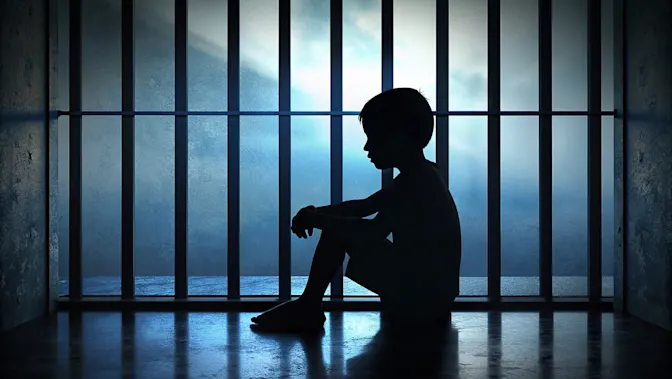
The Cost of Justice for Juveniles
Across the United States, an often overlooked and deeply entrenched policy places an enormous financial burden on families of incarcerated youth. Parents are routinely billed for the costs associated with their child's detention, whether in juvenile halls, treatment facilities, or other correctional programs. Even if a child is later proven innocent, parents must still pay a nightly rate for detention, with bills reaching up to $1,000 a month. This financial burden disproportionately affects low-income families, who often can only afford to pay in small installments. As this policy comes under increasing scrutiny, a growing movement seeks to abolish the practice and alleviate the undue burden placed on these families.
Historical Context
This practice has roots in policies from the '70s and '80s when states, counties, and cities began holding parents financially accountable for their children's delinquency. The logic was that sharing the financial burden would encourage parents to keep their children out of trouble. However, this system has led to significant financial strain on families, particularly those already struggling economically.
The Scope of the Problem
Nineteen state juvenile-justice agencies and at least 28 other states' counties regularly bill parents for their children's detention. The amounts charged vary, with some states using child-support guidelines to calculate fees, while others charge flat rates or specific fees for privately operated facilities. When parents fail to pay, states can employ aggressive collection methods, including wage garnishment, bank account seizures, and tax refund interceptions.
The Financial Toll

For many families, the costs of their child's incarceration are overwhelming. For example, in Philadelphia, the city collected $551,261 from parents in fiscal 2016, a fraction of the $81 million spent on delinquent placements. This pattern is consistent across the U.S., where the costs of collections often exceed the revenue generated.
Challenging the System
Advocates argue that billing parents for their child's incarceration is akin to taxing them for their child's loss of liberty and further punishing them with debt. Efforts to abolish this practice are gaining traction. California became the first state to ban the practice of charging parents for their children's incarceration in 2018. However, the law did not require counties to forgive past debts, leaving many families still burdened. Advocates like State Sen. Holly Mitchell, who introduced the law, continue to push for more comprehensive reforms.
The Human Cost
The impact of these financial burdens extends beyond the parents to the incarcerated youth themselves. Research has shown that debt from juvenile detention correlates with a higher likelihood of reoffending, and low-income families are disproportionately affected.

References: Your Kid Goes to Jail, You Get the Bill | California stopped charging parents for kids' incarceration. So why are some still stuck owing thousands of dollars?
























